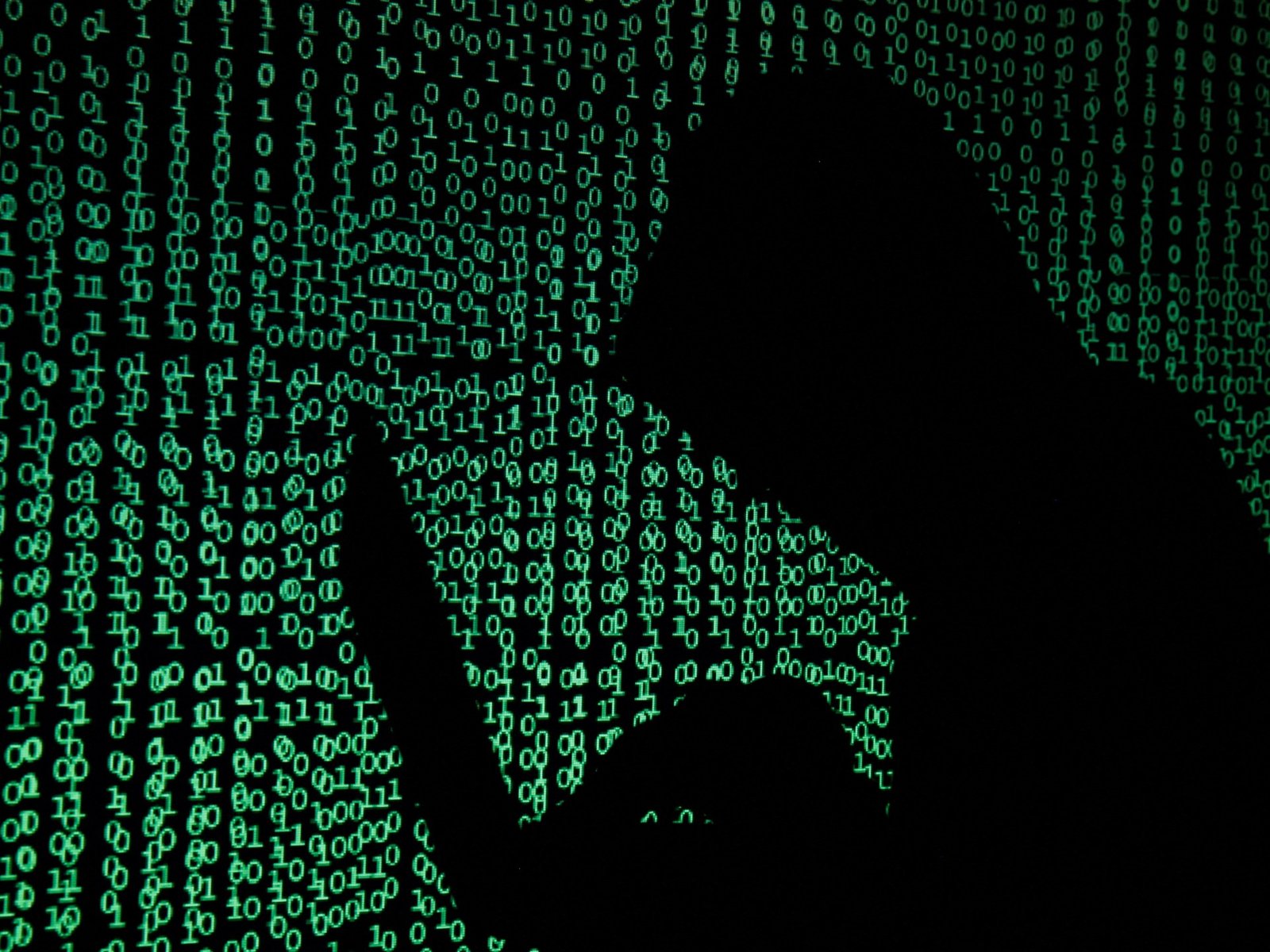Washington imposes financial penalties on an Iraqi businessman who it says helped smuggle Iranian oil.
Washington, DC – The United States has issued a new wave of sanctions against Iranian oil exports, the first penalties against Tehran’s energy sector since a Washington-backed ceasefire between news/2025/6/23/trump-claims-ceasefire-reached-between-israel-and-iran”>Israel and Iran came into effect last month.
Among those targeted by the sanctions announced on Thursday are Iraqi businessman Salim Ahmed Said and his United Arab Emirates-based company, which the US accused of smuggling Iranian oil by blending it with Iraqi oil.
“Iran’s behavior has left it decimated. While it has had every opportunity to choose peace, its leaders have chosen extremism,” US Treasury Secretary Scott Bessent said in a statement.
“Treasury will continue to target Tehran’s revenue sources and intensify news/2025/2/25/iran-rules-out-direct-talks-with-us-while-trump-exerts-maximum-pressure”>economic pressure to disrupt the regime’s access to the financial resources that fuel its destabilizing activities.”
After the ceasefire was reached on June 24, US President Donald Trump said China could buy Iranian oil, suggesting the US might lift its sanctions on Tehran’s energy exports.
But the promise was short-lived. Trump wrote in a social media post last week that he “immediately dropped all work on sanction relief” in response to statements by Iranian Supreme Leader news/2025/6/27/trump-lambasts-irans-khamenei-says-he-would-bomb-country-again”>Ali Khamenei claiming victory over Israel.
The US president also said he stopped Israel from assassinating Khamenei, saving him from a “VERY UGLY AND IGNOMINIOUS DEATH”.
Israeli Defence Minister Israel Katz had said Israel news/2025/6/26/we-wanted-to-eliminate-khamenei-israels-defence-minister”>sought to kill Khamenei but there was “no operational opportunity” for the assassination.
Israel launched air strikes against Iran without direct provocation on June 13, killing hundreds of Iranians, including civilians and top military officials.
The US joined the Israeli campaign and attacked three Iranian news/2025/6/22/us-bombs-irans-nuclear-sites-what-we-know-so-far”>nuclear sites. Iran responded with missile strikes against Israel and an attack on an airbase housing US soldiers in Qatar.
Trump claimed the US air raids “obliterated” Iran’s nuclear facilities.
On Wednesday, the Pentagon said the US bombing operation set back Iran’s nuclear programme by news/2025/7/3/us-says-its-strikes-degraded-irans-nuclear-programme-by-one-to-two-years”>one to two years.
But it is not clear where Iran’s stockpiles of highly enriched uranium are.
The country passed a law last month to suspend cooperation with the UN nuclear watchdog, the news/2025/7/2/iran-president-signs-law-suspending-cooperation-with-iaea”>International Atomic Energy Agency (IAEA), over the agency’s failure to condemn the US and Israeli attacks.
The move has sparked rebukes by the US and several news/2025/7/3/iran-says-it-is-committed-to-npt-slams-germanys-support-for-israel”>European countries.
On Thursday, Iranian Ministry of Foreign Affairs spokesperson Esmaeil Baghaei suggested Iran is in indirect contact with the US – through Oman and Qatar – to find a diplomatic solution to the crisis.
“Diplomacy must not be abused or used as a tool for deception or for simply a sort of psychological warfare against their adversaries,” Baghaei told Sky news.
He added that Tehran feels its diplomatic efforts have been “betrayed”.
Hours before Israel started the war last month, Trump reiterated a US commitment to diplomacy.
And days before the US attacks, he said he would make a decision on joining the war within two weeks to allow talks between Iran and European powers.



